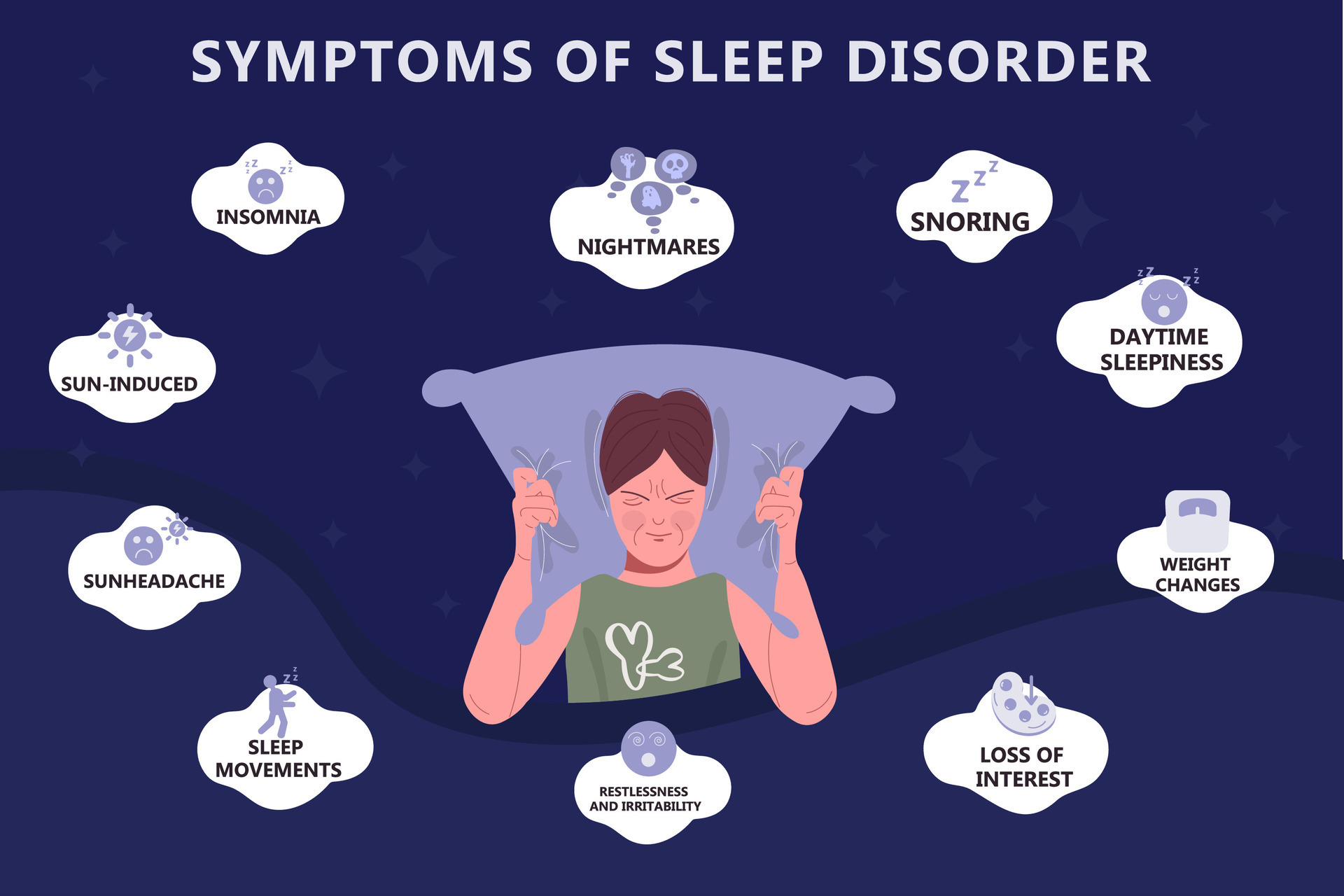Introduction
Mental health recovery is a multifaceted journey that involves medical treatment, therapy, and lifestyle changes. One often underappreciated yet highly impactful component is peer support. Peer support involves individuals with similar experiences of mental health challenges providing emotional, social, and practical assistance to each other. This approach has been recognized for its unique benefits, offering a sense of understanding, empathy, and shared experience that can significantly enhance the recovery process. This article explores the various ways peer support contributes to mental health recovery and how it can be effectively integrated into mental health care.
Understanding Peer Support
Definition and Scope:
Peer Support:
Refers to the assistance and encouragement provided by individuals who share similar mental health experiences. This can occur in various settings, including support groups, online communities, or one-on-one interactions.
Peer Support Specialists:
These are trained individuals who use their lived experience of mental health issues to support others. They often work alongside healthcare providers to offer guidance and encouragement.
Forms of Peer Support:
One-on-One Support:
Personalized assistance where peers provide emotional and practical support on an individual basis.
Group Support:
Structured or informal group settings where individuals share experiences, offer advice, and provide mutual encouragement.
Online Communities:
Virtual platforms where individuals can connect, share, and support each other, often providing anonymity and convenience.
Benefits of Peer Support in Mental Health Recovery
Emotional Support and Validation:
Shared Understanding:
Peers who have faced similar challenges can offer a level of empathy and validation that is difficult to achieve through professional relationships alone.
Non-Judgmental Listening:
Peer supporters provide a safe space for individuals to express their feelings without fear of judgment or stigma.
Role Modeling and Hope:
Inspiration and Motivation:
Seeing someone who has navigated similar challenges and achieved stability or recovery can inspire hope and motivate others to continue their journey.
Real-Life Examples:
Peer supporters can demonstrate practical ways to manage symptoms, cope with stress, and integrate healthy habits into daily life.
Practical Guidance and Resources:
Navigating the System:
Peers can offer valuable insights into accessing mental health services, understanding treatment options, and managing healthcare-related challenges.
Resource Sharing:
They can provide information about community resources, support services, and self-help tools that have been effective in their own recovery.
Social Connection and Reduced Isolation:
Building Relationships:
Peer support helps individuals develop meaningful relationships, reducing feelings of loneliness and isolation.
Community Integration:
It encourages social engagement and participation in community activities, fostering a sense of belonging and purpose.
Empowerment and Self-Efficacy:
Encouraging Autonomy:
Peer support emphasizes self-determination and empowers individuals to take an active role in their recovery.
Skill Building:
Through peer interactions, individuals can develop coping strategies, problem-solving skills, and resilience.
Implementing Peer Support in Mental Health Care
Training and Certification:
Peer Support Specialist Programs:
Many regions offer certification programs for peer supporters, providing training in communication, ethics, and mental health knowledge.
Ongoing Education:
Continuous professional development ensures that peer supporters are equipped with the latest information and skills to assist others effectively.
Integration into Healthcare Settings:
Collaborative Care Models:
Peer supporters can be integrated into healthcare teams, working alongside doctors, therapists, and social workers to provide comprehensive care.
Support Groups:
Healthcare providers can facilitate peer-led support groups within their practices or through community partnerships.
Utilizing Technology:
Online Platforms:
Virtual support groups, forums, and social media can expand the reach of peer support, making it accessible to those who may not have local resources.
Telehealth:
Peer support can be incorporated into telehealth services, offering remote emotional and practical assistance.
Community-Based Programs:
Non-Profit Organizations:
Many non-profits offer peer support programs tailored to specific populations or mental health conditions.
Public Health Initiatives:
Government and community health organizations can fund and promote peer support services as part of their mental health strategies.
Challenges and Considerations
Boundaries and Professionalism:
Maintaining Boundaries:
It is crucial for peer supporters to maintain appropriate boundaries to ensure both their well-being and that of those they support.
Professional Support:
Peer supporters should have access to supervision and support from mental health professionals to manage their own stress and avoid burnout.
Diversity and Inclusion:
Cultural Competence:
Peer support programs should be inclusive and culturally sensitive, addressing the diverse needs of different populations.
Accessibility:
Efforts should be made to ensure that peer support services are accessible to individuals with disabilities or those in remote areas.
Evaluation and Improvement:
Measuring Impact:
Regular evaluation of peer support programs can help identify their effectiveness and areas for improvement.
Feedback Mechanisms:
Implementing feedback systems allows participants to share their experiences and suggest enhancements to the services.
Conclusion
Peer support is a powerful and transformative component of mental health recovery. By providing emotional validation, practical guidance, social connection, and empowerment, peer support helps individuals navigate the complexities of mental health challenges with greater resilience and hope. As mental health care continues to evolve, integrating peer support into treatment plans and community programs can enhance overall outcomes and foster a more holistic approach to mental well-being. Embracing the strengths and insights of those with lived experience enriches the recovery journey for all involved, creating a supportive and inclusive environment where everyone can thrive.
